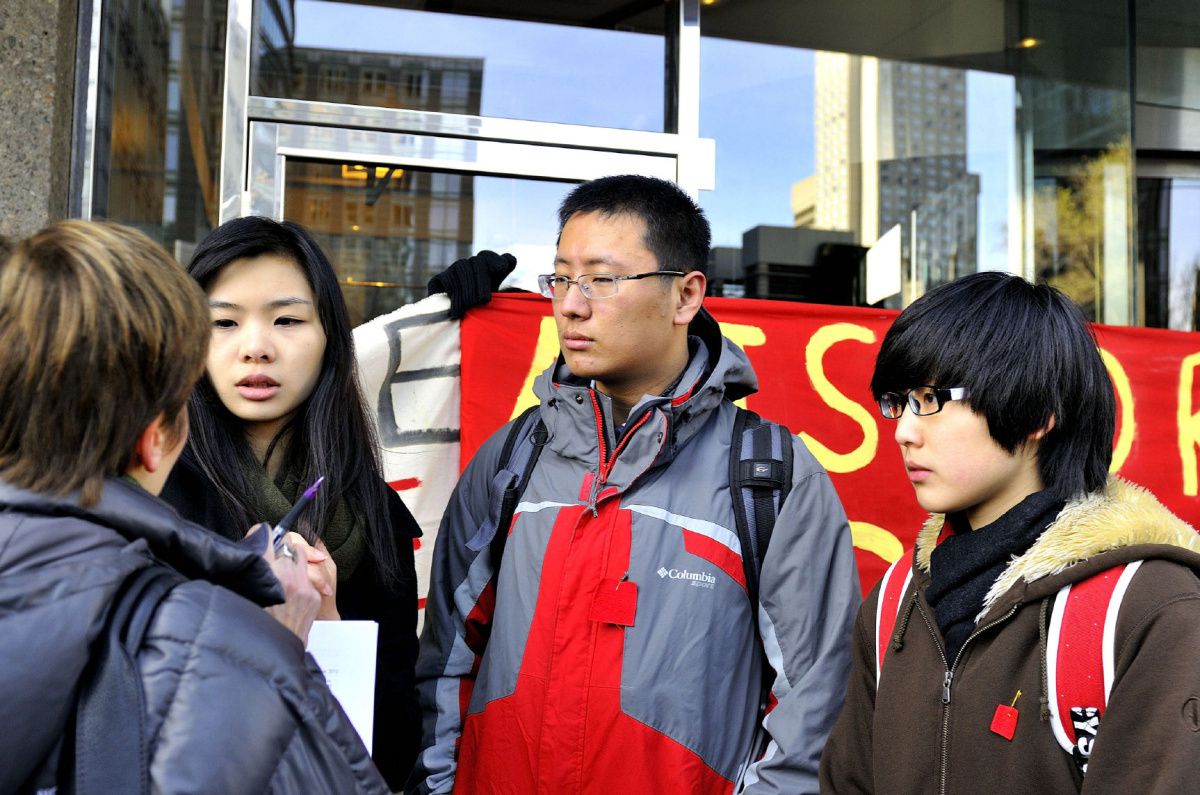Canadian universities are keeping a close eye on the government’s diplomatic rift with China, concerned that a relationship worth billions of dollars to the economy could be disrupted after the arrest of a Chinese executive at Vancouver airport last month and the subsequent detention of Canadians in China.

University presidents have discussed the issue privately. They worry that a Chinese response in the education sector could have serious financial implications. China is by far the largest source of international students in Canada, and already universities are considering how to diversify their foreign-student recruitment to guard against this type of risk.
Universities Canada, the organization that represents universities nationally, met with Global Affairs Canada to address the issue and has spoken with the Chinese embassy. University leaders are wary given the recent experience with Saudi Arabia in the summer of 2018, when a diplomatic dispute prompted the Saudi government to pull its students from Canadian programs.
Paul Davidson, president of Universities Canada, said that at this point, there’s no sign of any imminent threat to enrolment or applications for next year.
“China remains important for Canada’s universities,” Mr. Davidson said. “We’ve been in touch with Global Affairs just so they’re aware how important the relationship is to us and to Canada’s economy.”
Tensions have been high between the two countries since the arrest of Huawei executive Meng Wanzhou on a U.S. warrant at Vancouver airport in December. She is currently on bail awaiting an extradition hearing. Shortly after, two Canadians, Michael Kovrig and Michael Spavor, were detained in China. Canada has been petitioning for their release.
Chinese students make up about 33 per cent of all foreign-student enrolments in Canada. There were 132,000 Chinese students in long-term study programs in 2016, and another 15,000 in short-term programs, a cohort about 10 times larger than Saudi Arabia’s. All told, Chinese students and their families have an economic impact of about $5-billion per year, when college and primary-education students are included, according to a 2017 Canadian government study.
Any action to curb the number of Chinese students coming to Canada would have a detrimental impact on the finances of Canadian schools, at least in the short term.
Global Affairs said in a statement that the Government of Canada remains committed to promoting educational exchanges with China “as a key element in our efforts to build a lasting relationship.”
Mr. Davidson said Canadian universities have a long history of engagement with China. The institutional relationships, built over decades by student and faculty exchanges and research ties, remain strong.
“We have to be careful on how this unfolds because it’s so sensitive,” Mr. Davidson said. “We have been through rough patches in the past … There’s a lot of goodwill on both sides about the value of Canadian higher education and the positive experiences Chinese students have, and we’ve had no indication that the flow from China is going to be affected by this current situation.”
Canadian universities decided a year ago to make diversification of source countries a priority, Mr. Davidson said, before the incident involving Saudi Arabia. That move is partly about managing risk, but also about the maturity of the education market in China, which has rapidly expanded its research and teaching capacity.
“China will be a competitor to us when it comes to attracting international students before too long,” Mr. Davidson said.
Canada should be looking to students in other countries to take up some of that capacity, he said. Canada can use this moment, when it’s seen as a desirable destination and competitors such as the United States and Britain are experiencing political uncertainty, to expand beyond the traditional big markets of India and China.
“There are other parts of the world where there is a large, growing middle class with a large appetite for education,” he said. “This isn’t about filling seats next September. This is about developing a strategy that will introduce Canada and Canadian higher education to markets where there’s strong potential for growth.”
By Dave Mcginn, www.theglobeandmail.com
January 6th, 2019
